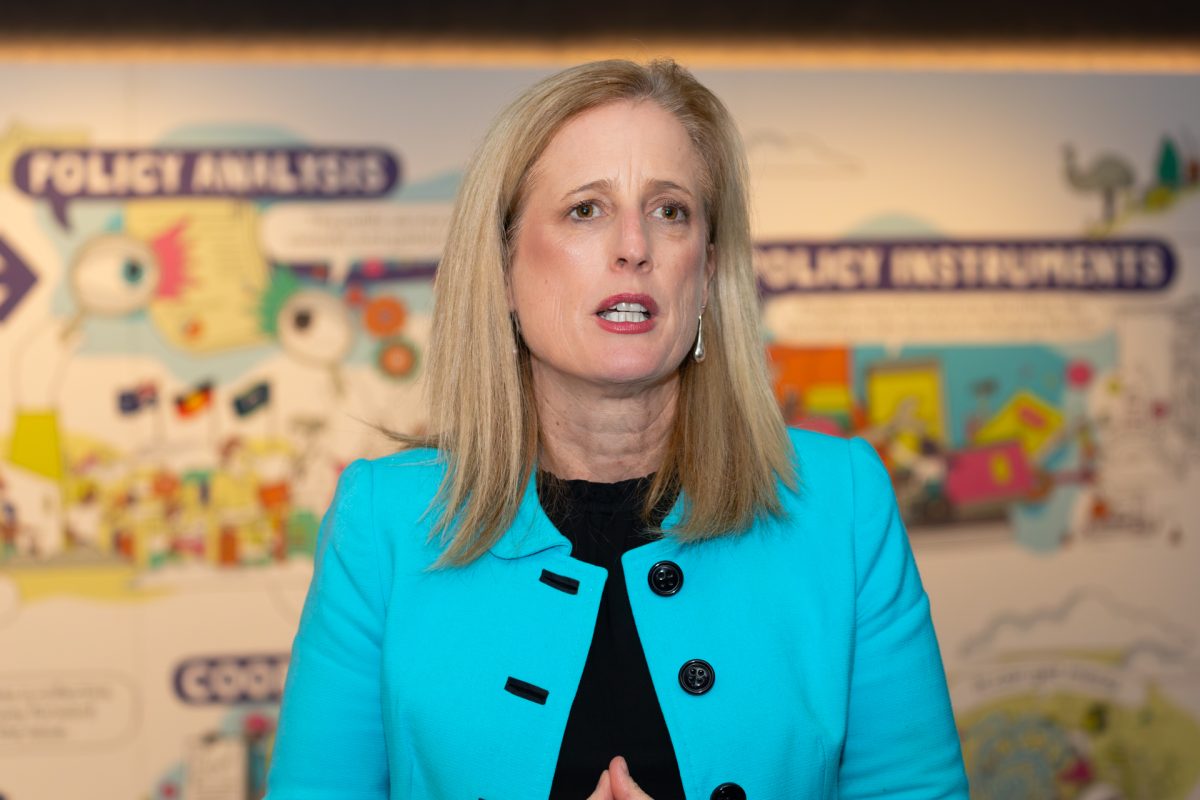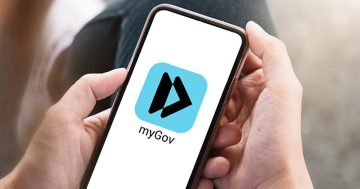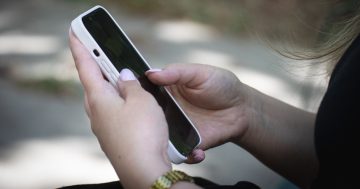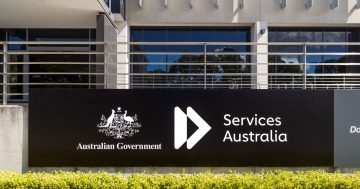
Finance Minister Katy Gallagher has introduced the next step towards a national digital ID system. Photo: Michelle Kroll.
Finance Minister Katy Gallagher is embracing the formidable task of trying to explain digital ID to Australians wondering what impact the fast-approaching new system will have on their lives.
The Federal Government has released exposure draft digital ID legislation, bringing a national digital identification system a step closer.
Work on the system began in 2015 with a voluntary framework that has already given more than 10.5 million Australians a digital ID to access government services.
When the new legislation is passed, digital ID will move to a nationally regulated system accessible across both the public and private sectors and will include stronger privacy protections.
The Australian Competition and Consumer Commission will be the initial regulator of the new system.
The legislation aims to strengthen voluntary digital ID accreditation; provide legislative authority for the Australian Government’s Digital ID System to expand; strengthen privacy and consumer protections; and strengthen governance for digital ID.
Explaining the bill’s intent in a speech to an Australian Information Industry Association event on Tuesday (19 September), Senator Gallagher said digital ID would continue to be voluntary for individuals accessing government services.
“When explaining what a digital ID is to people who haven’t followed it closely – which is, let’s face it, most of the Australian population – I say it’s like the online version of showing someone your passport or your driver’s licence to prove who you are, but it’s not giving them your licence to hold on to, or to scan and store on an unknown server or photocopy,” she said.
“It’s simply the digital version of the act of someone looking at you, looking at your picture on your licence and being able to verify that you are who you say you are.
“It’s the online equivalent of being carded at the nightclub. Although it’s certainly been a while since I’ve been carded, or even been to a nightclub for that matter.
“Importantly, digital ID is not a card, it’s not a unique number, nor a new form of ID. It’s just an easy way of verifying who you are online, against existing government-held identity documents without having to hand over any physical information.”
The Minister said the exposure draft of digital ID legislation was released to kick off the next stage of work towards creating a national Digital ID system in Australia, work which began under the former government.
And while there are more than 10.5 million Australians who have a digital ID to access government services, including 3.5 million with the strongest level of access, it could be embraced by many more.
“We have thought long and hard about the principles that should guide an Australian digital ID system,” Senator Gallagher said.
“And we believe it should be secure, convenient, voluntary, and inclusive.
“These four areas will guide the progress of the work before us.
“An essential aspect of digital ID is that it continues to be voluntary for individuals accessing government services.
“Government will need to continue to provide alternate channels for people to access services and we are committed to doing just that.
“Even with a digital ID you opt-in to digital ID and choose each and every time you use it.”
The inclusion of digital government services is a priority for the government, aiming to make a secure digital ID option available to everyone who wants one.
Another priority is for it to make life easier for those who currently have a more challenging time accessing key government services.
The current system, which is operating without legislation, allows people with a digital ID to verify their identity without having to repeatedly provide copies of their most sensitive documents, such as passports, birth certificates and driver’s licences, for certain online services.
But the Minister pointed out the limitations of the current system.
“It is not national. The Commonwealth can only verify people biometrically against their passports, not against their driver’s licence or other ID documents issued by state and territory governments,” she said.
“MyGovID can only be used to access government services, limiting the choice that people may have.
“And private sector providers can’t currently verify people biometrically against their government-issued ID documents.
“This falls short of our vision for a national, economy-wide system once fully operational.
“The government sees digital ID as an important economic, productivity and security reform, and we are working right across government to join all these areas up.”
Consultation on the draft legislation is now open and will close on Monday 9 October 2023.





















